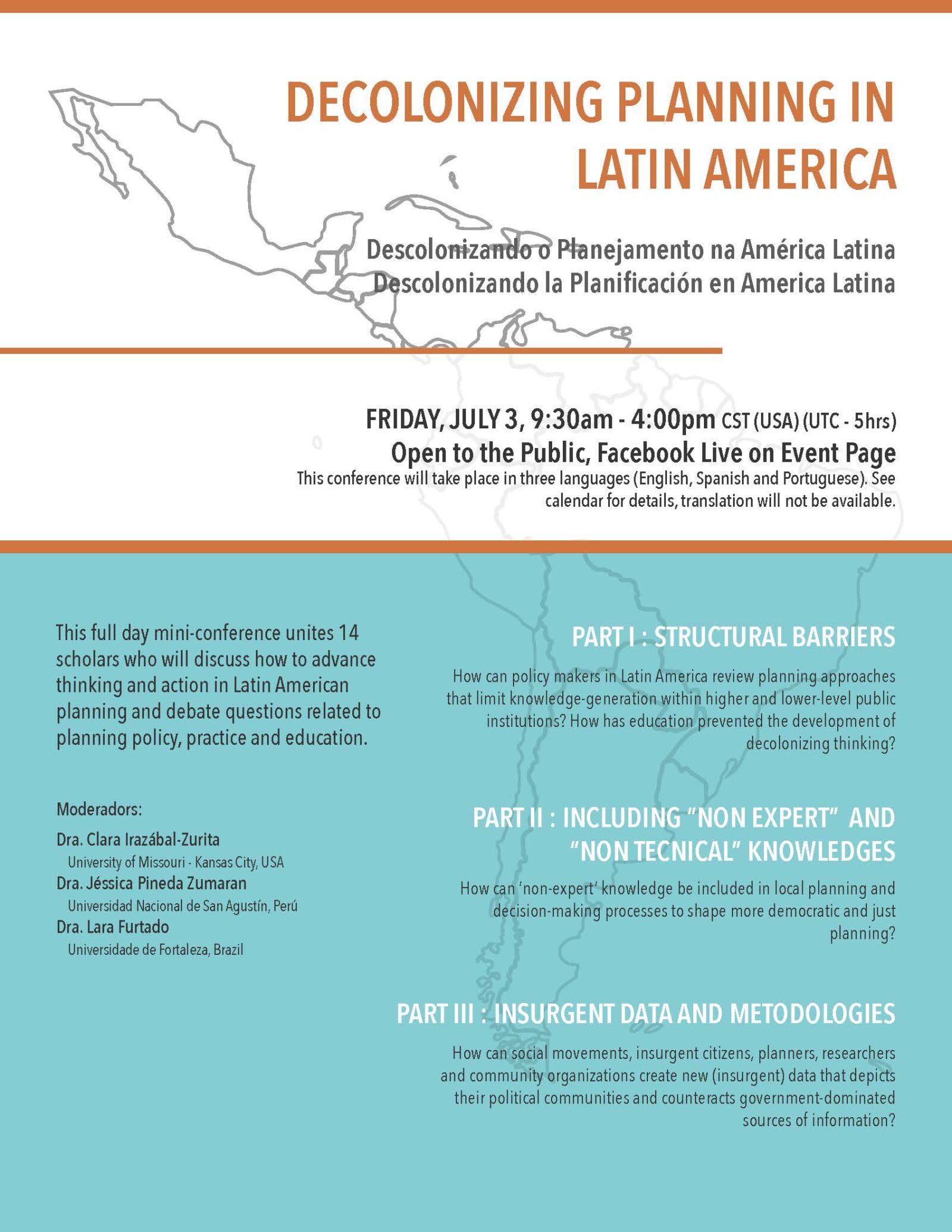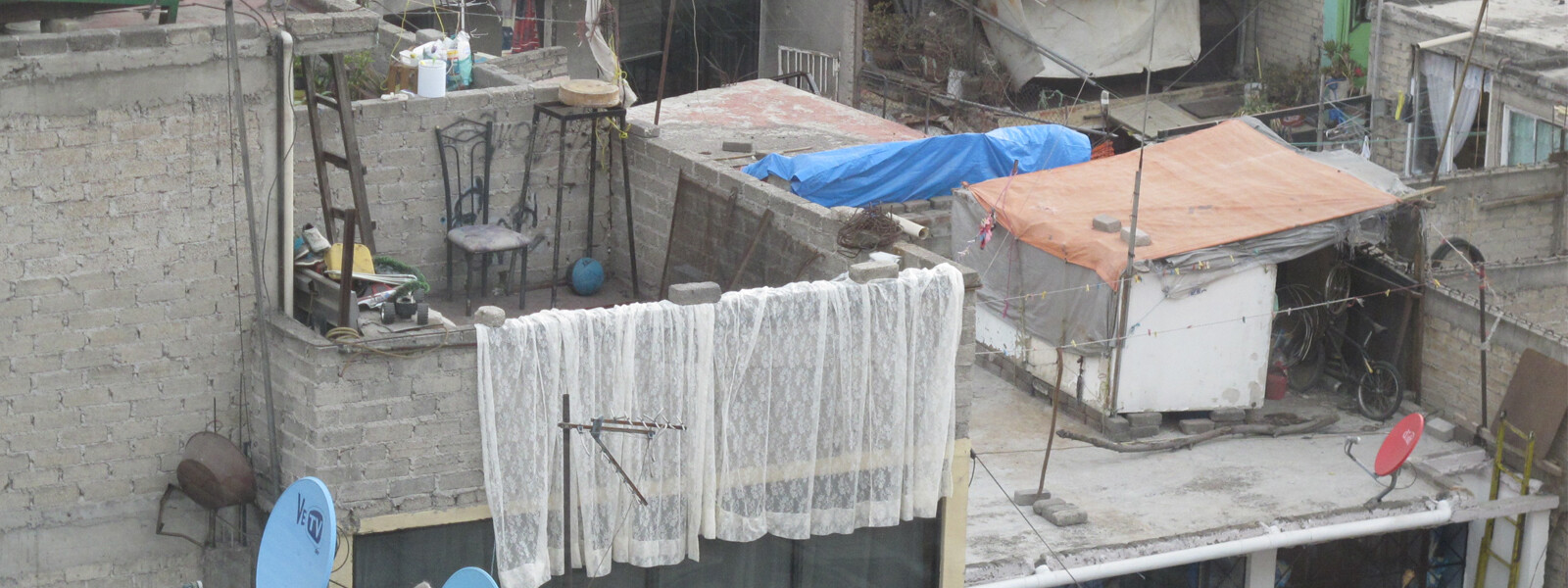This article introduces the concept of popular urbanization to describe a specific urbanization process based on collective initiatives, self-organization and the activities of inhabitants. We understand popular urbanization as an urban strategy through which an urban territory is produced, transformed and appropriated by the people. This concept results from a theoretically guided and empirically grounded comparison of Mexico City, Istanbul and Lagos. Based on postcolonial critiques of urban theory and on the epistemologies of planetary urbanization, we bring urbanization processes in these urban regions into conversation with each other through a multidimensional theoretical framework inspired by Henri Lefebvre focusing on material interaction, territorial regulation, and everyday experience.
In this way, popular urbanization emerged as a distinct urbanization process, which we identified in all three contexts. While this process is often subsumed under the broader concept of ‘urban informality’, we suggest that it may be helpful to distinguish popular urbanization as primarily led by the people, while commodification and state agencies play minor roles. As popular urbanization unfolds in diverse ways dependent upon the wider urban context, specific political constellations and actions, it results in a variety of spatial outcomes and temporal trajectories. This is therefore a revisable and open concept. In proposing the concept of popular urbanization for further examination, we seek to contribute to the collective development of a decentered vocabulary of urbanization.
Der Artikel gewinnt den IG Award 2020 des Swiss Network for International Studies für eine herausragende Publikation, die einem breiteren Publikum zugänglich ist und insbesondere für internationale Organisationen relevant ist.
Artikel lesen
Streule, Monika, Karaman, Ozan, Sawyer, Lindsay, Schmid, Christian (2020) Popular Urbanization. Conceptualizing urbanization processes beyond informality. International Journal of Urban and Regional Research 44.4, 652–672. DOI:10.1111/1468-2427.12872




